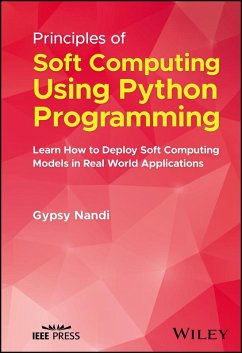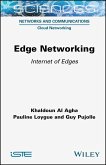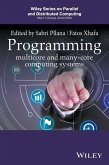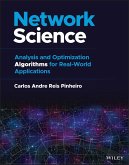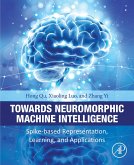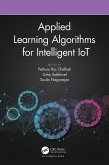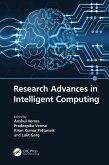Principles of Soft Computing Using Python Programming An accessible guide to the revolutionary techniques of soft computing Soft computing is a computing approach designed to replicate the human mind's unique capacity to integrate uncertainty and imprecision into its reasoning. It is uniquely suited to computing operations where rigid analytical models will fail to account for the variety and ambiguity of possible solutions. As machine learning and artificial intelligence become more and more prominent in the computing landscape, the potential for soft computing techniques to revolutionize computing has never been greater. Principles of Soft Computing Using Python Programming provides readers with the knowledge required to apply soft computing models and techniques to real computational problems. Beginning with a foundational discussion of soft or fuzzy computing and its differences from hard computing, it describes different models for soft computing and their many applications, both demonstrated and theoretical. The result is a set of tools with the potential to produce new solutions to the thorniest computing problems. Readers of Principles of Soft Computing Using Python Programming will also find: * Each chapter accompanied with Python codes and step-by-step comments to illustrate applications * Detailed discussion of topics including artificial neural networks, rough set theory, genetic algorithms, and more * Exercises at the end of each chapter including both short- and long-answer questions to reinforce learning Principles of Soft Computing Using Python Programming is ideal for researchers and engineers in a variety of fields looking for new solutions to computing problems, as well as for advanced students in programming or the computer sciences.
Dieser Download kann aus rechtlichen Gründen nur mit Rechnungsadresse in A, B, BG, CY, CZ, D, DK, EW, E, FIN, F, GR, HR, H, IRL, I, LT, L, LR, M, NL, PL, P, R, S, SLO, SK ausgeliefert werden.

